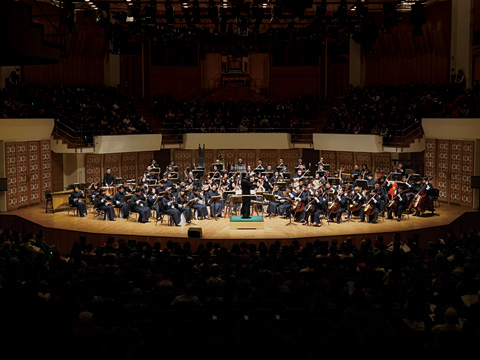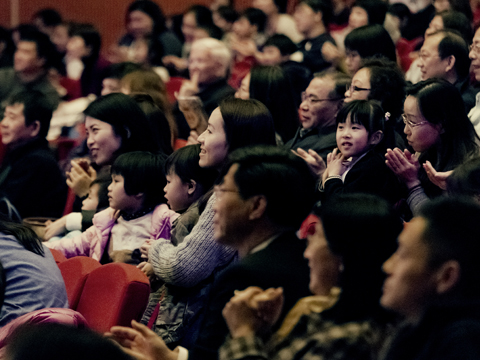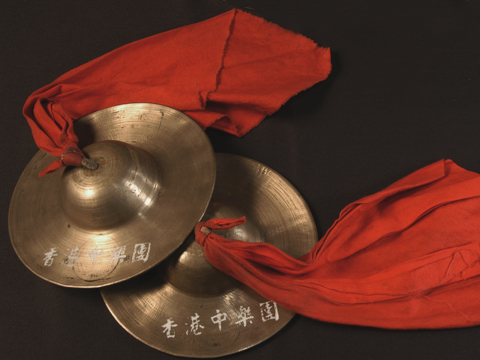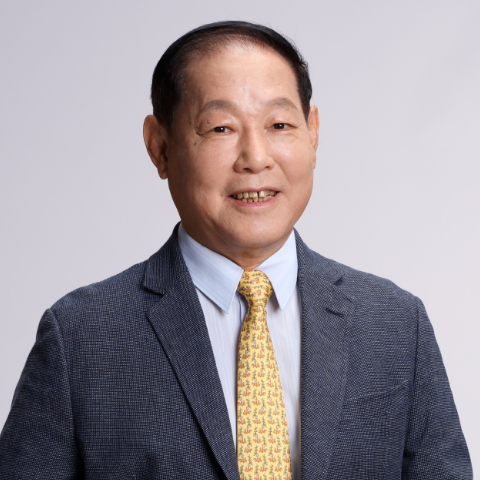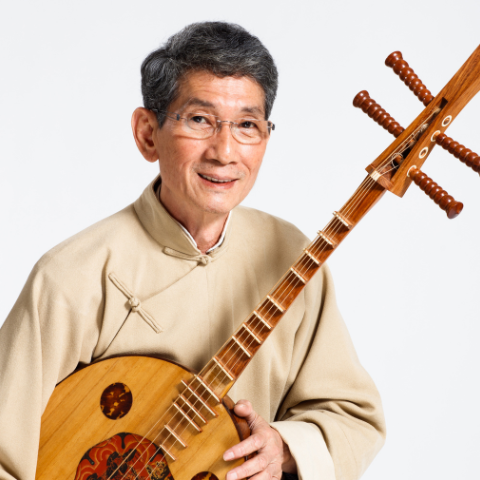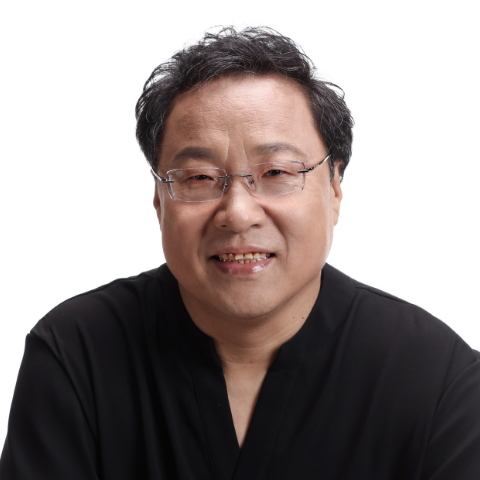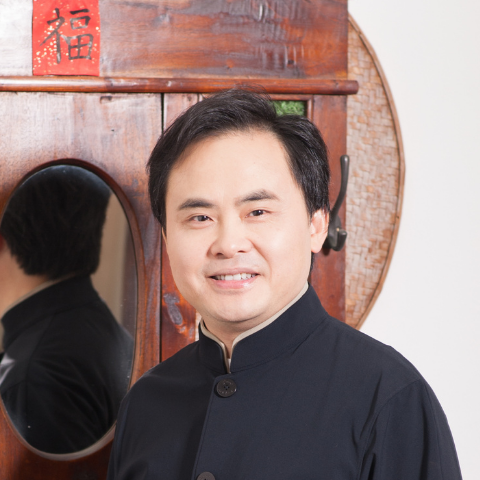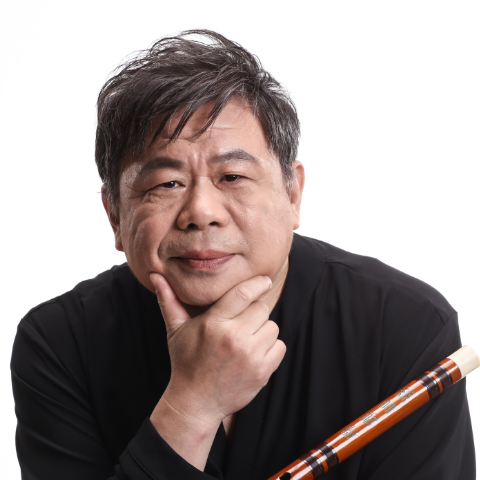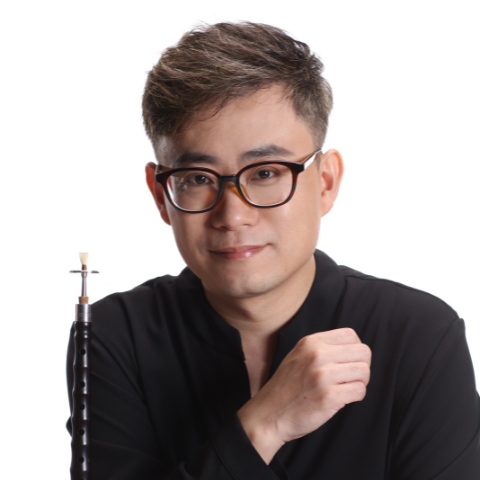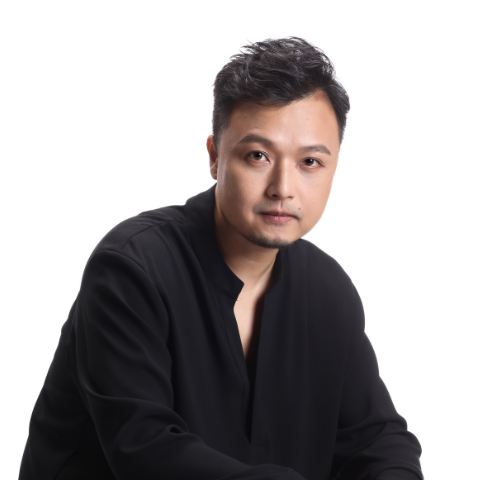
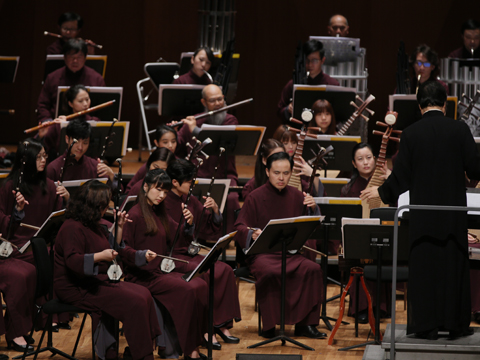
HKCO
Hong Kong Chinese Orchestra Orchestra Members Artistic Director and Principal Conductor for Life Council Advisors & Artistic Advisors Council Members Management Team Vacancy Contact Us (Tel: 3185 1600)

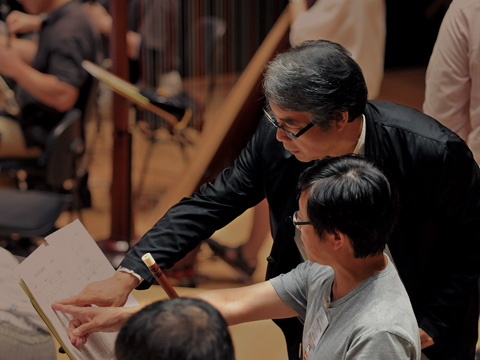
What's On

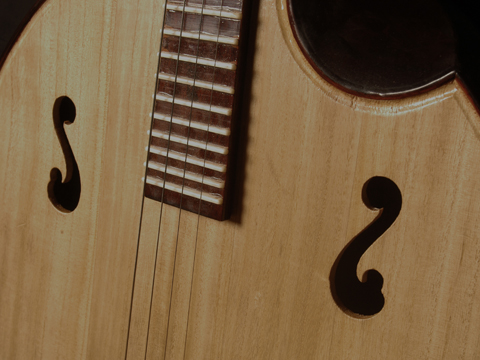
Education
The HKCO Orchestral Academy Hong Kong Youth Zheng Ensemble Hong Kong Young Chinese Orchestra Music Courses Chinese Music Conducting 賽馬會中國音樂教育及推廣計劃 Chinese Music Talent Training Scheme HKJC Chinese Music 360 The International Drum Graded Exam

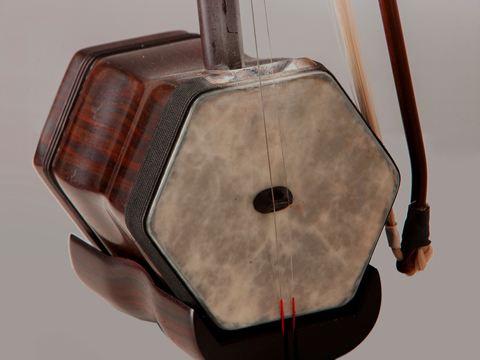
Instrument R&D
Eco-Huqins Chinese Instruments Standard Orchestra Instrument Range Chart and Page Format of the Full Score Configuration of the Orchestra
44th Orchestral Season
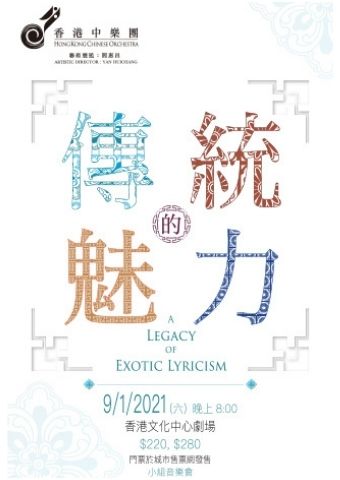
A Legacy of Exotic Lyricism (Postponed)
Sanxian: Zhao Taisheng
Banhu: Ngai Kwun Wa
Dizi: Sun Yongzhi
Suona, Guanzi, Whistle: Liu Hai
Percussion: Luk Kin Bun
MC: Chin Kwok Wai
In view of the recent surge of COVID-19 cases in Hong Kong and the closing down ofperforming venues by the Leisure and Cultural Services Department until furthernotice, the following HKCO concerts need to be postponed:
1. ‘A Legacy of Exotic Lyricism’ (9/1/2021)
2. ‘HKCO4U – Touching a Soulful Chord’ (16/1/2021)
3. ‘HKCO4U – Melodic Charm’ (23/1/2021)
4. ‘Music Integrates’ – ‘Guzheng Goddess Concert’ (30/1/2021)
Please look out for our forthcoming announcements on our website for therescheduled concert dates. We apologize for any inconvenience caused.Patrons who have already bought tickets to the concerts may choose one of theoptions below. Please fill out the refund form and return it to the Hong Kong ChineseOrchestra on or before 30 March, 2021.
(A) Retain the ticket(s) purchased for the above-mentioned concert(s), which shouldbe in its/their intact form and with ticket stub undetached; and present accordinglyfor admission when you attend the rescheduled show(s). Details to be announced onour website later;
(B) Apply to return the ticket(s) for a refund; or
(C) Donate the ticket fees to support the ‘Music for Love’ Scheme.
Ticket-holders please download and fill in the form for ticketing arrangement of therespective concerts below, then send it to the HKCO for processing according to theterms and conditions listed.
'A Legacy of Exotic Lyricism' (Ticket arrangement form)
‘HKCO4U – Touching a Soulful Chord’ (Ticket arrangement form)
‘HKCO4U – Melodic Charm’ (Ticket arrangement form)
‘Music Integrates’ – ‘Guzheng Goddess Concert’ (Ticket arrangement form)
Enquiries: 3185 1600 / inquiries@hkco.org
Hong Kong Chinese Orchestra Office Address: 7/F, SheungWan Municipal ServicesBuilding 345 Queen's Road Central, Hong Kong (Marketing and DevelopmentDepartment)
Office hours: 10:00 – 12:30 / 14:00 – 18:00, Monday to Friday
Ensemble Music of Fujian Puxian The Temple Fair Li Shangqing
Chant of Pu An Ancient Tune Arr. by Yan Huichang
Cantonese Music
Rain Lashing on the Plantain Ancient Tune
United We Go Traditional Music Arr. by Yan Laolie
Silk String Seven-Lu Qinqin as Lead Instrument
With Chinese String-and-Wind Ensemble in Accompaniment
Triratna - Climbing the Ladder to Look at the Moon, The Monk Thinks of Getting a Wife and Sweeping the Sutra Hall Traditional Tunes in Cantonese Music Compiled by Yuen Shi Chun
The Quaint Sounds of Nanyin Orchestration and Instrumentation by Yuen Shi Chun, Lo Wai Leung and Wan Aiduan
Silk String Seven-Lu Qinqin: Yuen Shi Chun
String Quintet
Xiao-Ban Xu Jianqiang
A Joyful Evening Hu Dengtiao
Sanxian Solo
A Village at the Border by Night Fei Jianrong
Sanxian: Zhao Taisheng
Banhu Solo
Spring Scene by the Lake Li Xiuqi Orch. by Zhou Yuguo Arr. by Ngai Kwun Wa
Banhu: Ngai Kwun Wa
Dizi Solo
The Flying Partridges Ancient Melody Arr. by Zhao Songting
Dizi: Sun Yongzhi
Suona, Guanzi, Whistle and Ensemble
Three in Confrontation Clapper Opera of Northern Shanxi Arr. by Hu Jinquan Compiled by Wang Gaolin
Suona, Guanzi, Whistle: Liu Hai
Zhejiang Gongs-and-Drums
Flying Dragon and Leaping Tiger Li Minxiong
Percussion: Luk Kin Bun
Finding Lyricism in a Legacy
The legacy of Chinese traditional music is born out of history
Performance techniques to generate lyrical appeal
Your Support
Friends of HKCO
Copyright © 2024 HKCO
